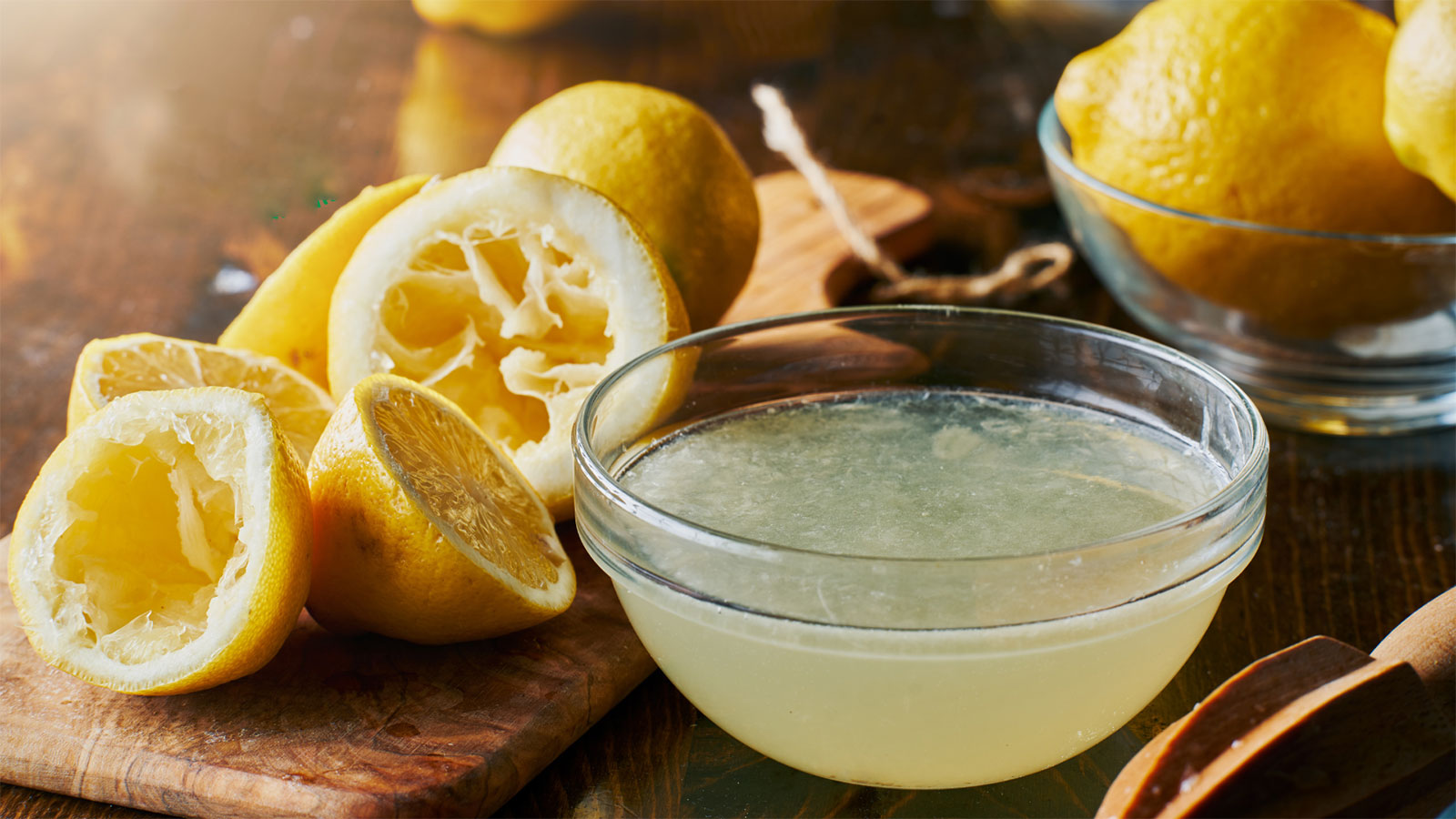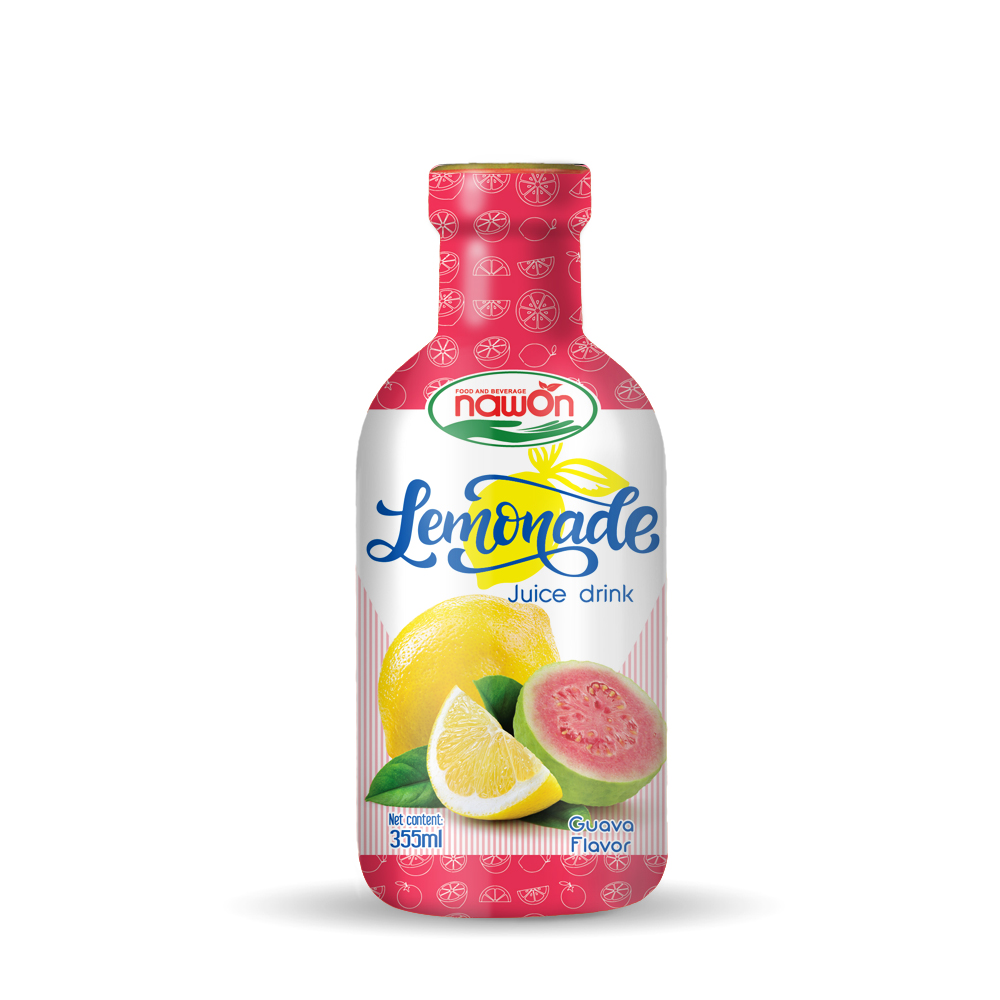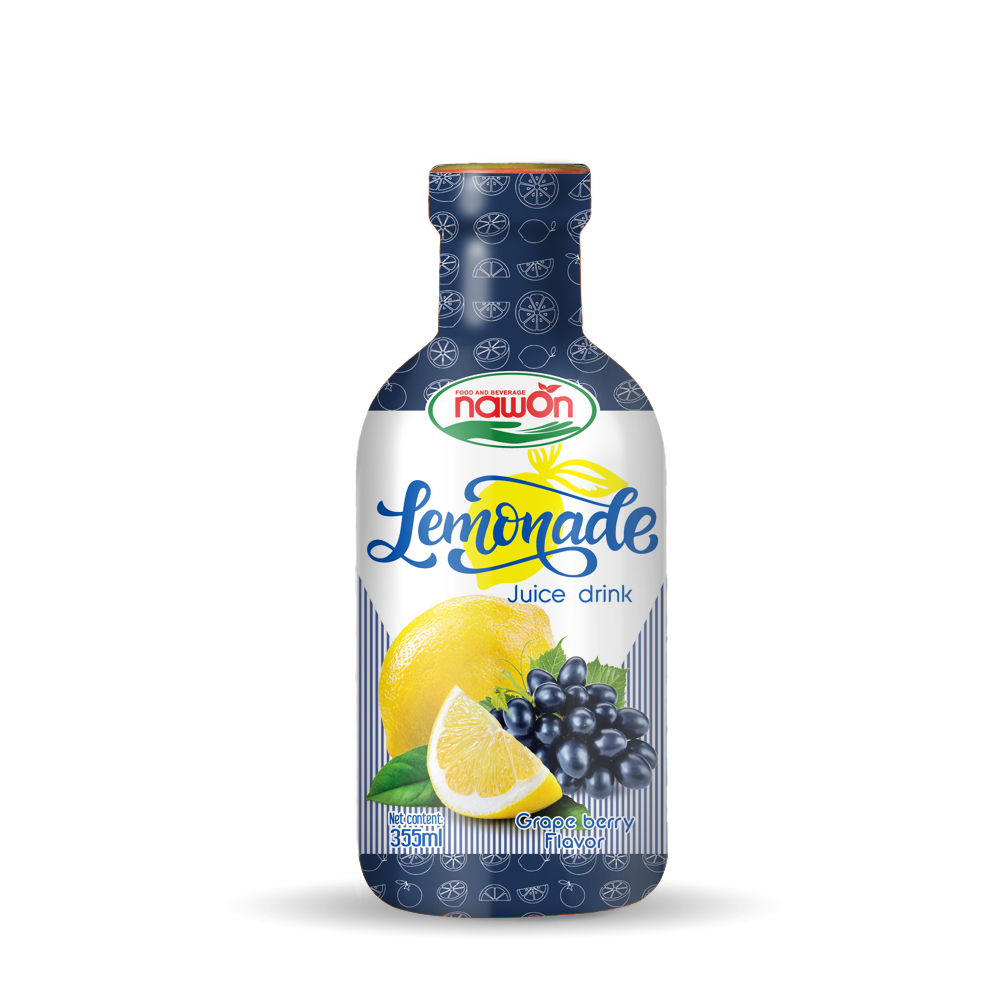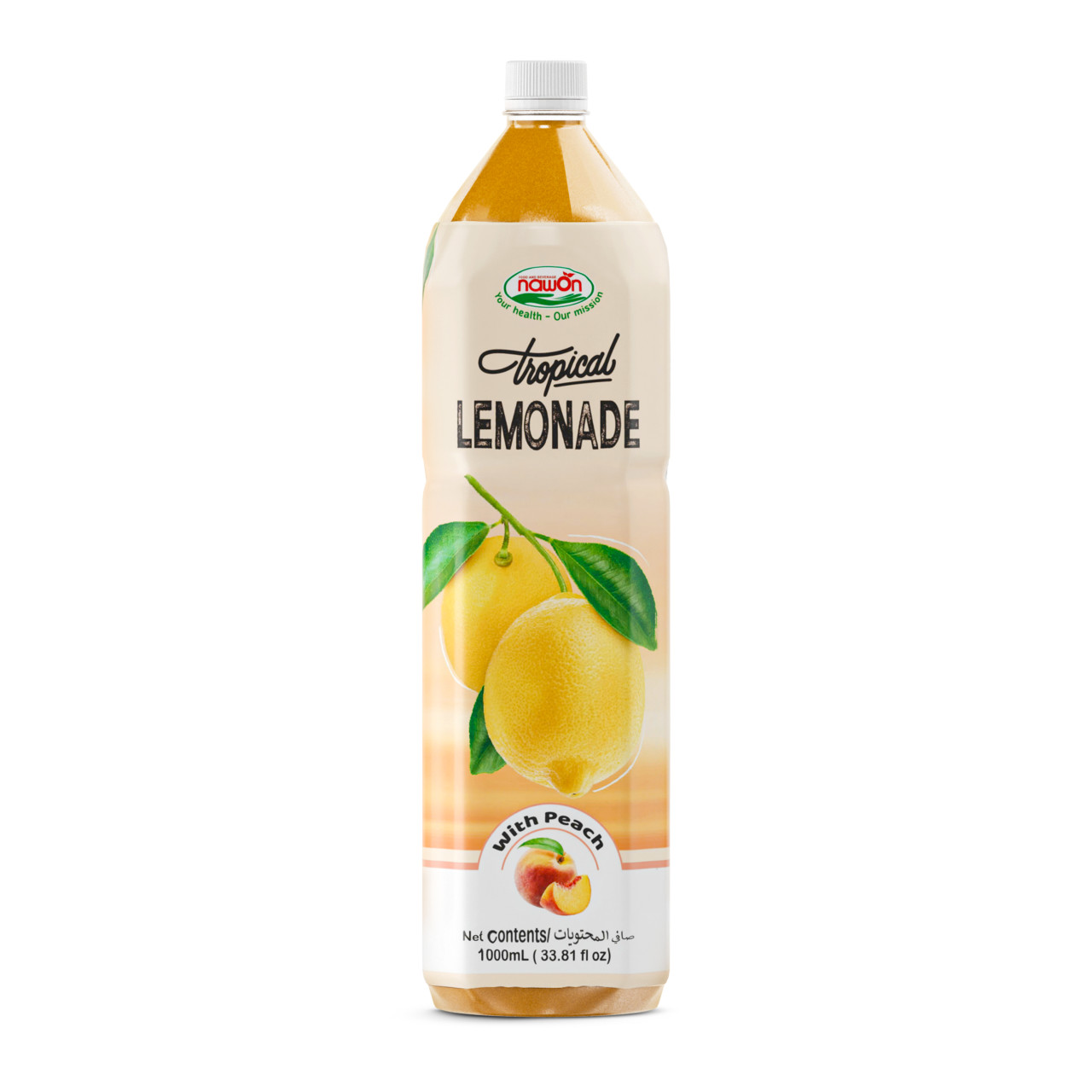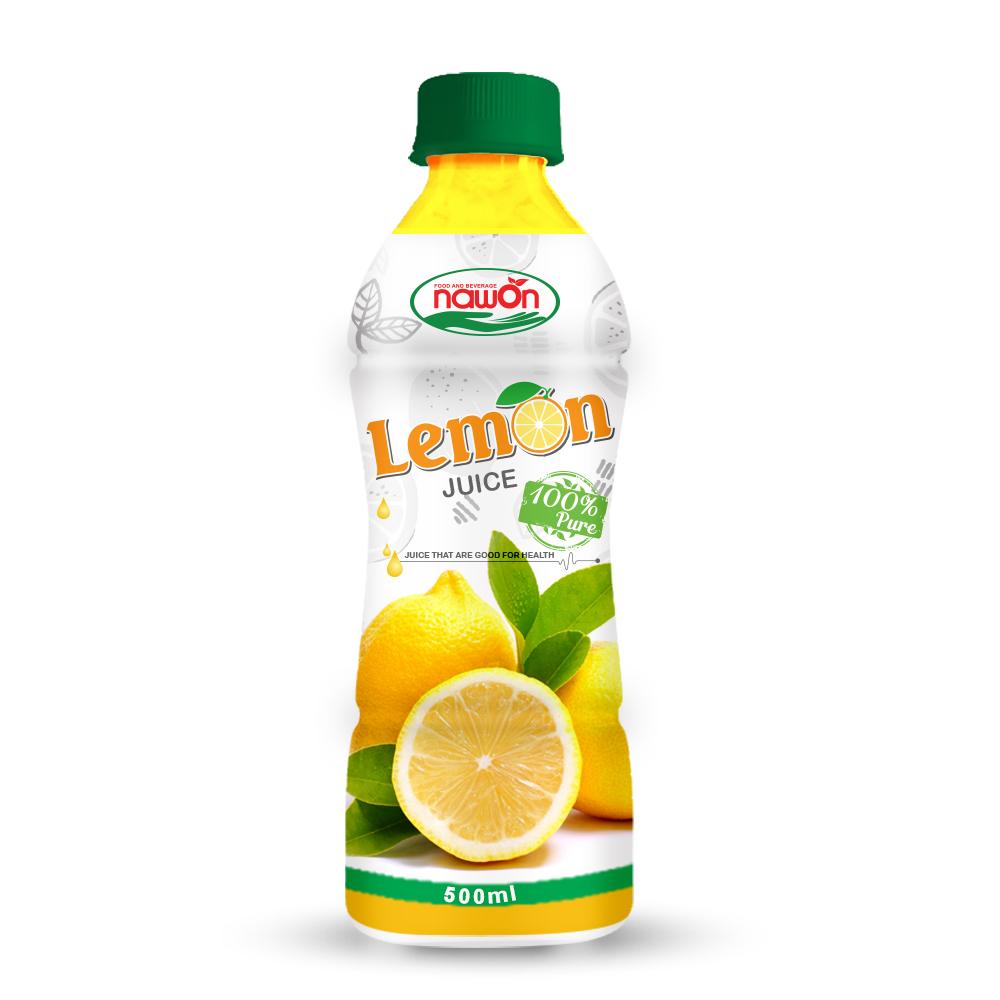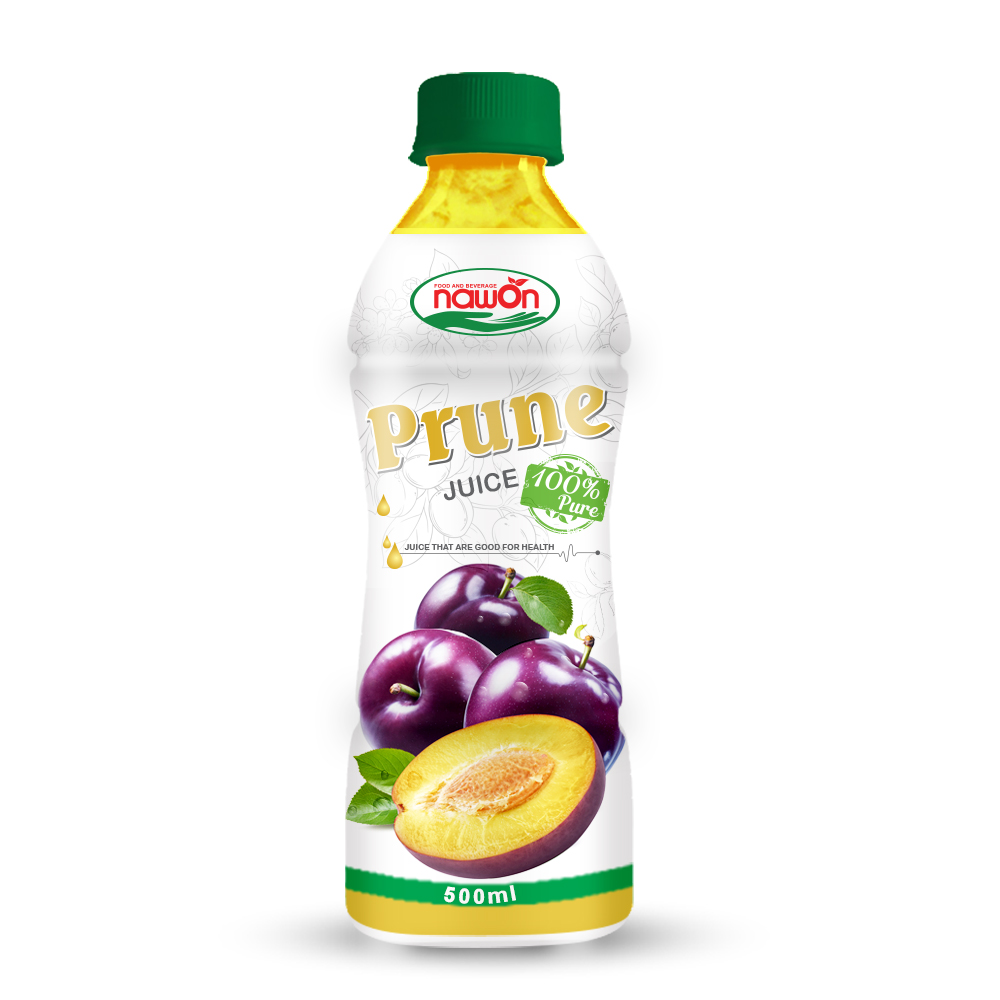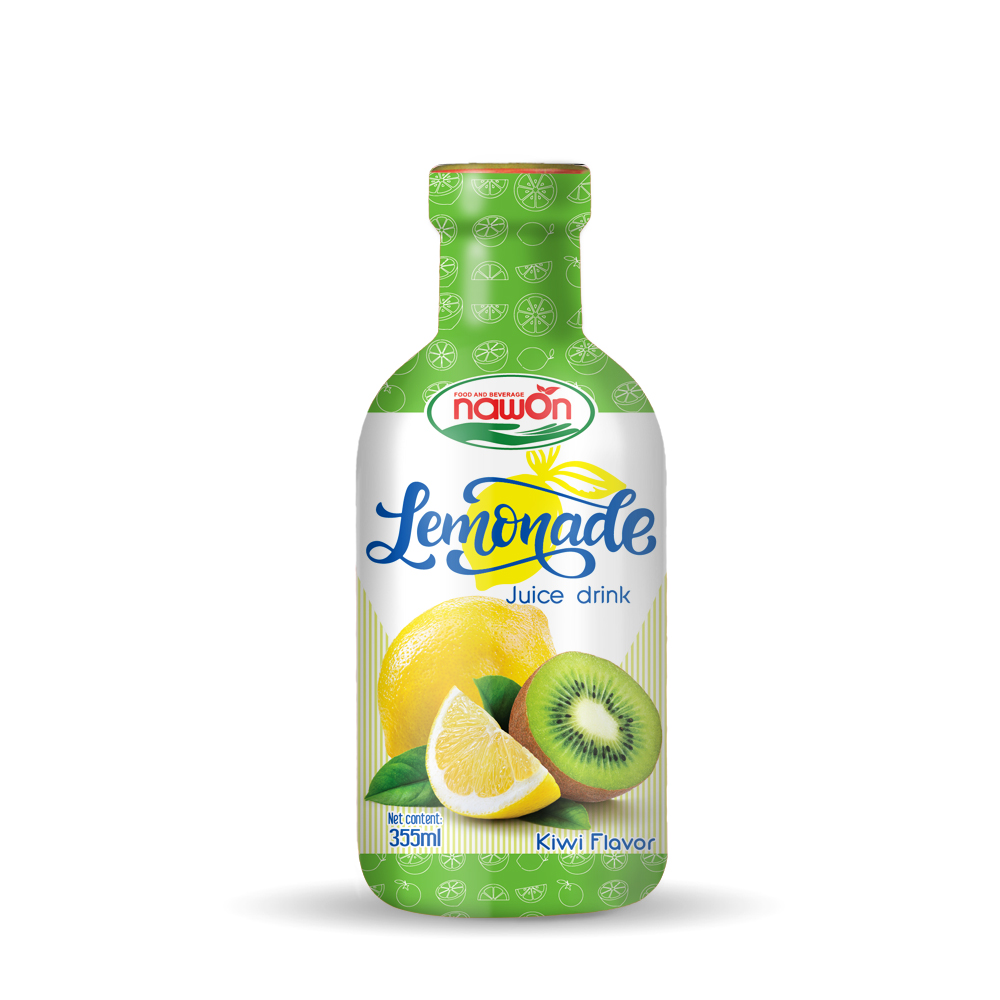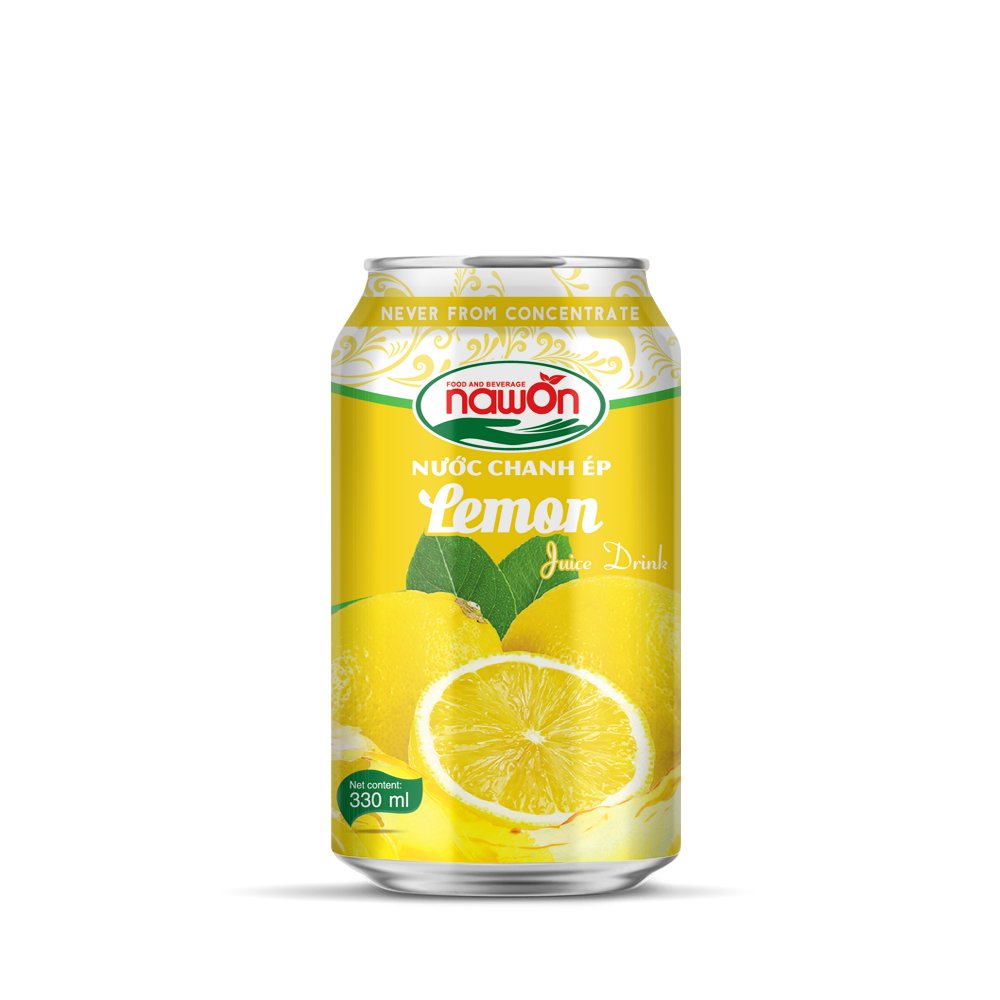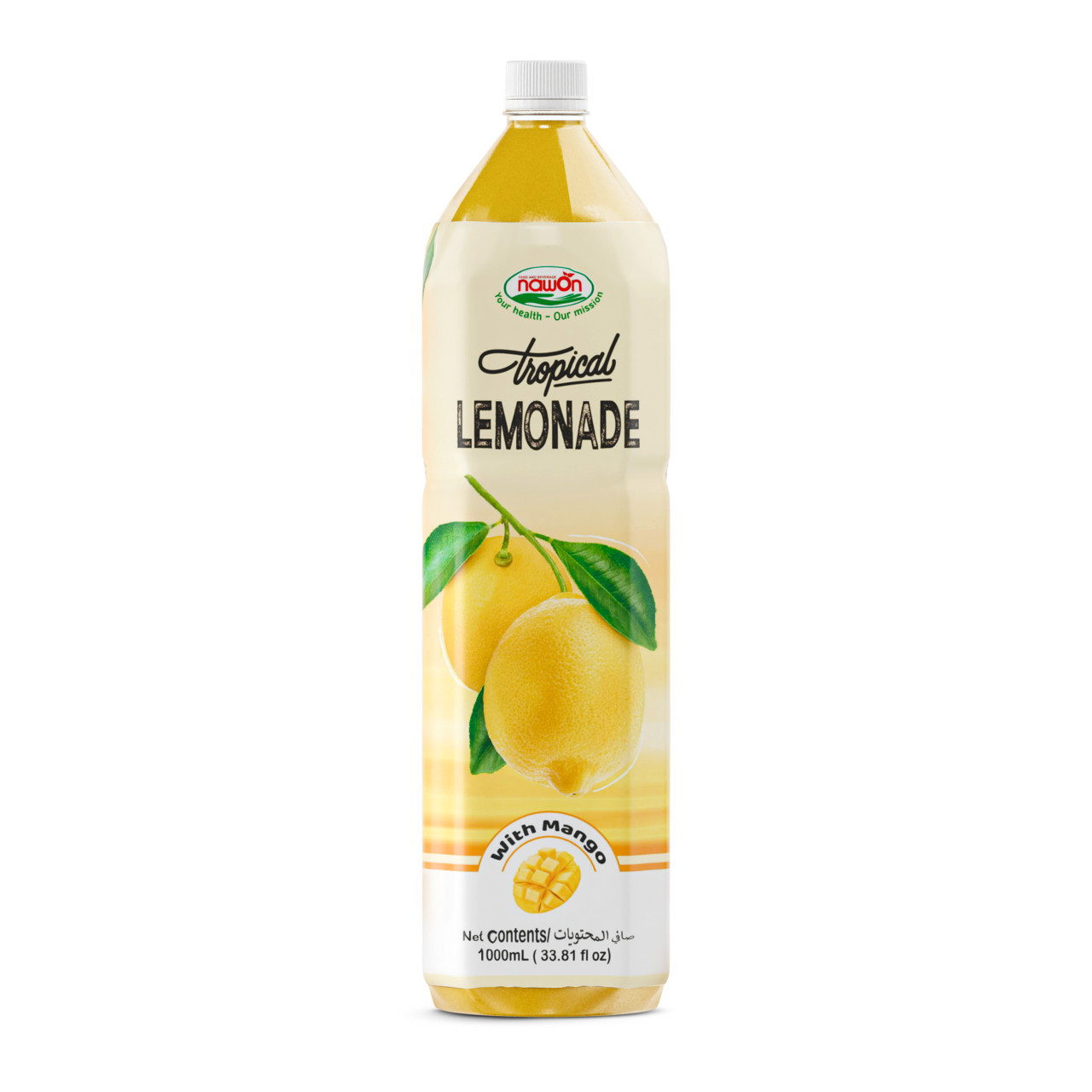Have you ever wondered how much juice in one lemon? Whether you’ve used it to make a glass of lemon juice, a salad, or to season it, you probably have yet to think about this question. Join us as we dive deep into this juice fruit drink, exploring the factors influencing lemonade yield and providing insights on maximizing your lemons’ potential.
How much juice is in one lemon?
The amount of juice in one lemon can vary depending on several factors, such as the lemon’s size, variety, and ripeness. A medium-sized lemon typically contains around 2 to 3 tablespoons (approximately 30 to 45 millilitres) of juice. However, it’s important to note that this is an approximation, and individual lemons may yield slightly more or less juice.
The juice yield can also be influenced by how effectively you extract the juice. Squeezing techniques, juicing tools, and the amount of pressure applied can affect the juice obtained. To maximize the juice extraction, it is advisable to roll the lemon on a flat surface, applying gentle pressure with your palm before cutting it in half and using a citrus juicer or manual squeezing method.
Remember that juicing lemons can be a subjective process, and the amount of juice extracted may vary based on personal techniques and preferences. Experimenting with different methods and practising can help you develop your approach to getting the most juice out of a lemon.
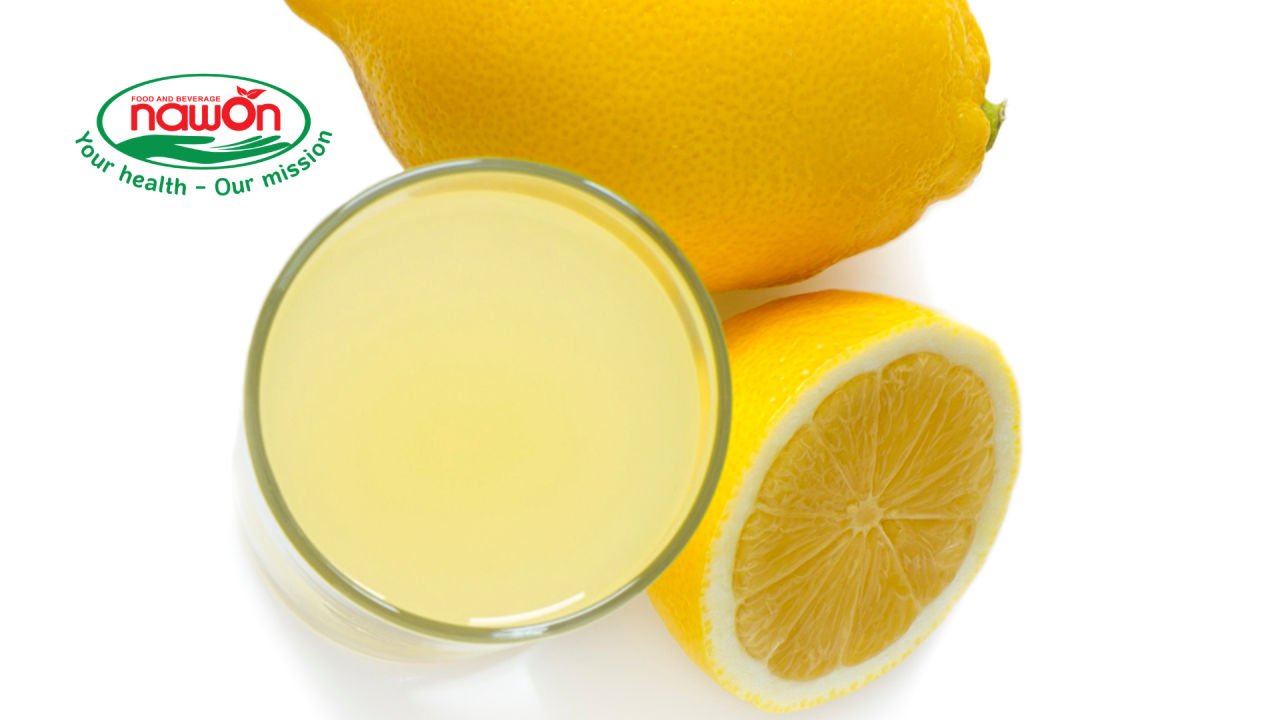
Explore The Taste Of Lemon Juice
Continuel
Several factors affect the amount of juice in a lemon
Type and size of a lemon
Lemons come in many different shapes and sizes and have other branches. Depending on each type, there may be different juice content.
Some popular lemon varieties include Eureka, Lisbon, Meyer, and Ponderosa. Larger lemons contain more juice than smaller ones due to their higher water content.
Understanding the characteristics of different lemons can help you choose the right lemon for your culinary needs.
Ripeness, storage and temperature
The ripeness of a lemon can significantly affect its juice yield. Ripe lemons tend to be softer and juicier than unripe lemons.
Additionally, storage conditions and temperature can affect the amount of juice that can be extracted. Lemons stored at room temperature will release more juice than lemons stored in a colder environment, such as the refrigerator.
Extraction technique
Various techniques can extract the maximum amount of juice from lemons. Each method has advantages, from pressing by hand to using a manual orange or electric lemon juicer.
The amount of water in a lemon depends on many different factors, both inside and outside. However, relying on several external factors is also an optimal method to make the most of the juice from lemons. In the next content, we will suggest some tips to optimize the amount of juice in lemons.
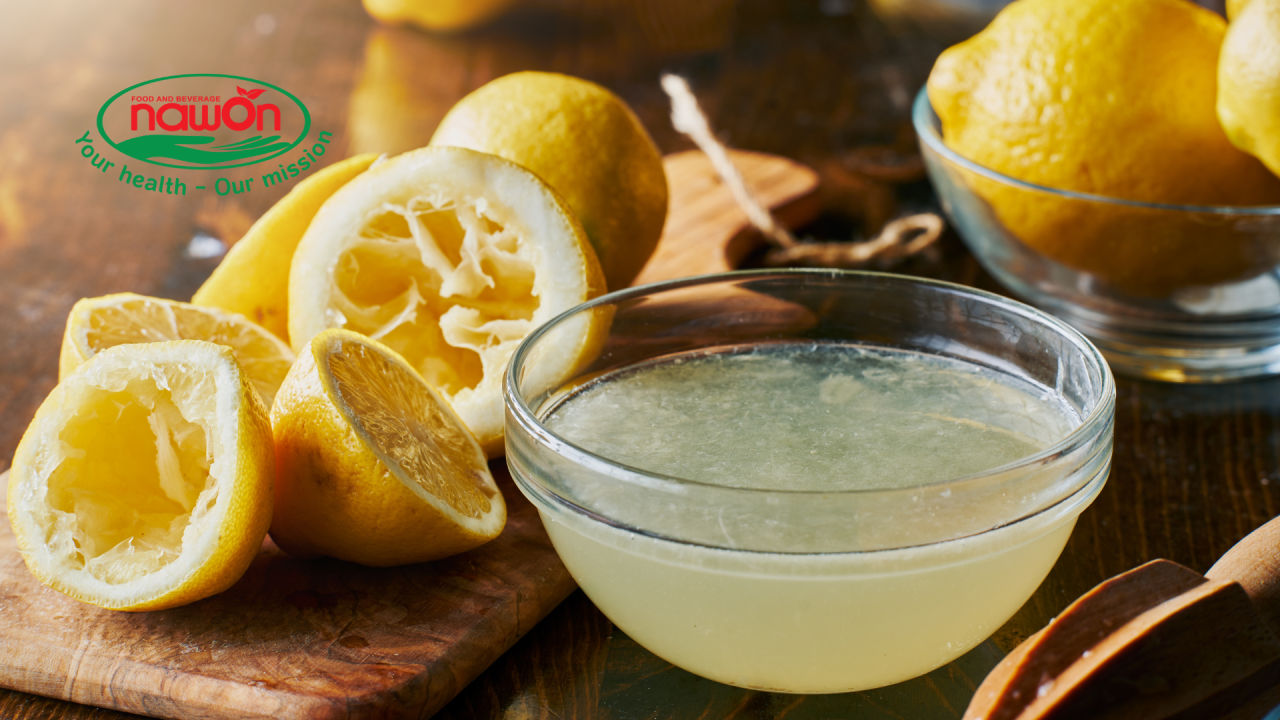
Tips to get the most juice in one lemon
- Roll the lemon: Before juicing, roll the lemon on a hard surface and press lightly with the palm of your hand. This helps break down the internal membrane and release more water.
- Microwave or heat: If your lemons are cold, you can microwave them for a few seconds or heat them in hot water to make them easier to juice
- Cut and squeeze: Cut the lemon in half and use a juicer or your hands to squeeze the juice. Apply firm pressure to extract as much water as possible.
- Strain the juice: To remove seeds or pulp, strain freshly squeezed lemon juice through a fine mesh strainer or cheesecloth.
Explore The Taste Of Lemon Juice
Continuel
Uses for lemon juice
Lemon juice is a versatile ingredient that can be used in a variety of ways. Here are some common uses for lemon juice:
- Cooking: Lemon juice adds a bright and tangy flavor to many dishes, including salads, marinades, sauces, and dressings.
- Baking: Lemon juice is often used to add acidity and enhance the flavor of cakes, cookies, and other desserts.
- Beverages: Lemon juice is a popular ingredient in refreshing drinks such as lemonade, cocktails, and infused water.
- Preservation: Lemon juice can be used as a natural preservative to prevent fruits and vegetables from browning.
- Cleaning: Lemon juice’s acidity makes it an effective natural cleaner for removing stains, disinfecting surfaces, and freshening up the home.
Although it is difficult to give an exact measurement to know how much water in a lemon. So whether you’re adding a bit of freshness to your favorite recipes or exploring different non-culinary uses, knowing how to get the most juice out of a lemon will definitely help. enhance your culinary adventures and more.

